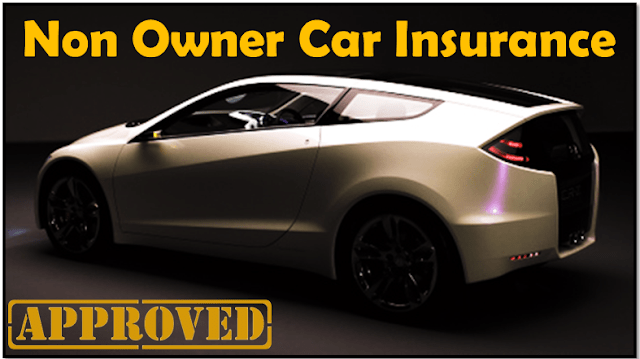What Is Non-Owner Car Insurance for Learners?
Owning a car offers convenience, but what if you don't have one? Non-owner car insurance is a practical solution for learners who frequently drive borrowed or rental vehicles. This type of coverage provides essential liability protection, ensuring you're financially secure in case of an accident. Understanding how it works can help you meet state requirements without breaking the bank. Curious about the specifics and benefits tailored for learners like you?
Steering through the world of car insurance can be intimidating, especially for learners who don't own a vehicle. You might find yourself wondering how to protect yourself when driving borrowed or rental cars. Non-owner car insurance is designed specifically for situations like yours. It's a liability policy that provides coverage for drivers without their own vehicles, ensuring you're protected financially if you get into an accident.
If you're a learner frequently using someone else's vehicle, non-owner insurance could be a wise decision. Many states require proof of financial responsibility when applying for a driver's license, which you'll need if you're borrowing cars. This type of insurance not only meets those requirements but also shields you from potential financial risks associated with accidents while driving. It's generally cheaper than traditional car insurance policies, making it an attractive option for those in your situation.
Non-owner insurance primarily covers two types of liability: Bodily Injury Liability and Property Damage Liability. This means if you're involved in an accident, this policy will help cover the damages you cause to other people and their property. Some policies also allow you to add options like Medical Payments and Uninsured/Underinsured Motorist coverage, which provides additional protection in case you're injured or involved with a driver who lacks adequate insurance. Non-owner insurance is ideal for occasional drivers or those who rely on public transport.
Certain groups might find non-owner insurance especially beneficial. If you're a high-risk driver, maintaining a license might require you to have insurance even without a vehicle. It's also useful for renters who frequently rent cars and need liability coverage. Additionally, if you're moving between vehicles or need to file an SR-22 or FR-44 to renew your license, this insurance keeps your coverage continuous, which is vital for avoiding increased premiums later on.
While non-owner insurance offers essential liability coverage, it's important to know what it doesn't cover. It won't pay for damages to the borrowed vehicle, so if you cause an accident, the costs to repair that vehicle will fall on you. It also doesn't cover commercial use, vehicle repairs for accidents involving the borrowed vehicle, or gaps in your insurance history. However, it does help maintain continuous coverage, avoiding the pitfalls of increased premiums due to lapses.
When considering non-owner insurance, you'll need a valid driver's license and some basic personal information. It's wise to compare quotes from various insurers to find the best rate, as policies can vary greatly in coverage and cost. Some insurers even file SR-22 paperwork on your behalf, making the process smoother.
Conclusion
In a world where learning to drive feels like traversing an uncharted road, non-owner car insurance acts as your reliable co-pilot. It guarantees you're protected while mastering the art of driving, just like a seasoned navigator guiding you through twists and turns. With this coverage, you can confidently borrow cars or rent vehicles, knowing you've got the financial safety net you need. So buckle up—your journey to becoming a skilled driver starts with the right insurance in place.

